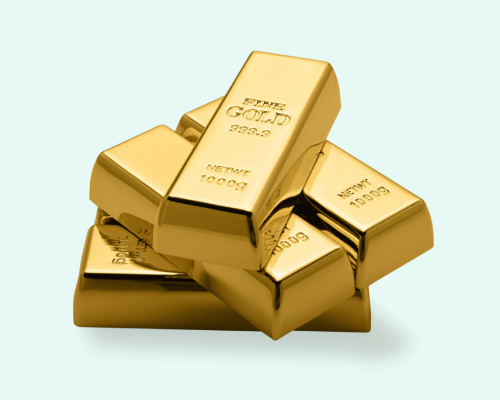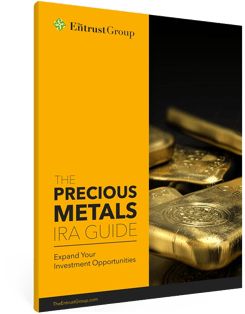
Investing in precious metals can be a great way to diversify your Self-Directed IRA (SDIRA). Gold and silver were among the first known investments and served as a form of currency for centuries. They’re still regarded as a store of value, a hedge against inflation, and protection against currency deflation. Central banks can print more paper money; they can’t produce more gold or silver.
Precious metal prices tend to act in opposition to the stock market: when equity prices are low, gold typically rides high.
Precious metals are “precious” because they’re rare. All the gold, silver, platinum, and palladium in the world are finite. Although they haven’t been mined out of existence yet, getting to the lodes of precious metals in the Earth’s crust is expensive, time-consuming, and environmentally costly.




